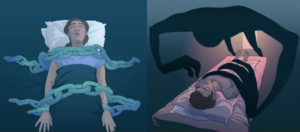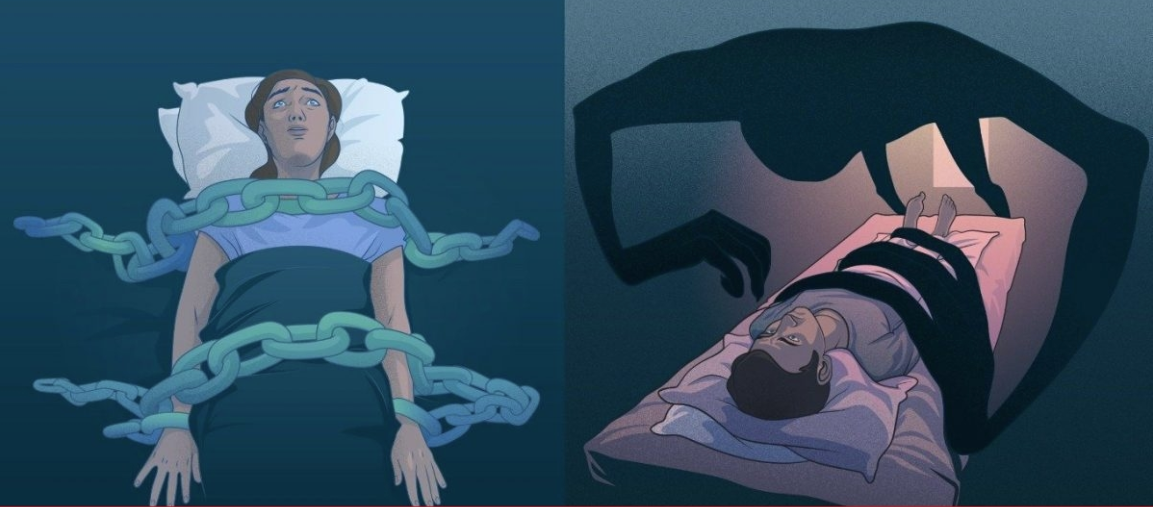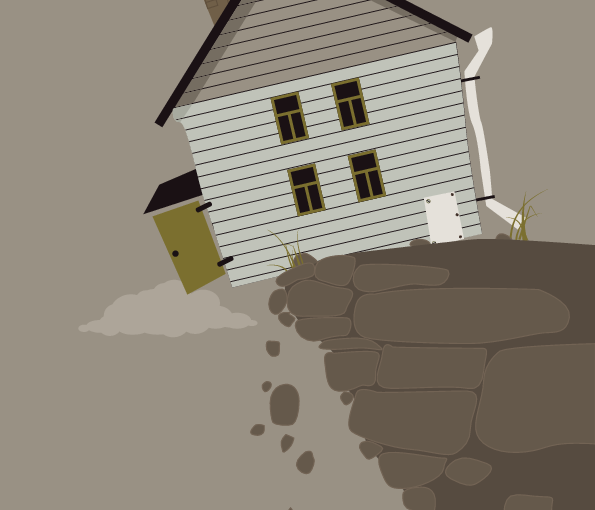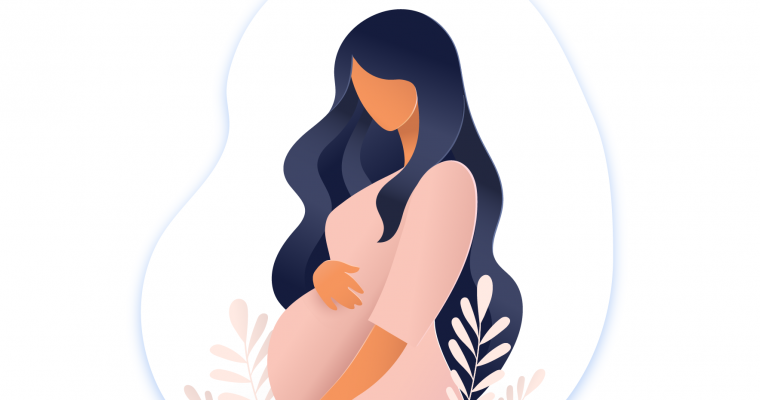The phenomenon of sleep paralysis has been a subject of fascination and intrigue for years, often eliciting feelings of unease among individuals who experience it (Cox, 2015). It has been attributed to supernatural factors rather than scientific explanations in various civilizations, including Nigeria. Here, I delve into my personal narrative, as a young Nigerian who originally attributed sleep paralysis to a spiritual issue but ultimately gained a fresh outlook through scientific comprehension. I am certain that you or someone you know would have thought about sleep paralysis as a spiritual something.
“Sleep paralysis is not rare. Surveys around the world suggest that 20-45% of people experience at least one sleep paralysis episode in their lifetimes.”-Davies, 2003, p.182.
I grew up in a traditional Nigerian household deeply rooted in spiritual beliefs and practices. From a young age, I had been taught to interpret unusual occurrences through the lens of the supernatural. So, whenever I experienced sleep paralysis, I naturally attributed it to malevolent spirits or mystical forces. On some nights, I experienced peculiar phenomena that shook me to my core. As I lay in bed, ready to drift into a peaceful slumber, I suddenly found myself trapped in a state of sleep paralysis. Unable to move my body or speak, I felt an overwhelming sense of terror engulfing me. I began to see vivid hallucinations and hear eerie voices that seemed to taunt me.

My encounters with sleep paralysis were accompanied by terrifying nightmares and a sense of helplessness. I believed that malevolent spirits were trying to suffocate me, rendering me immobile and voiceless. These experiences left me shaken and fearful, seeking solace in prayers as a means of protection. Every night it happened, I would decide to stay awake all night for fear of re-experiencing it. In search of answers, whenever I relayed my experiences to people, all that was suggested is the supernatural and particularly prayers. However, my perspective underwent a gradual transformation when I stumbled upon scientific literature discussing sleep paralysis. Intrigued by the possibility of a different explanation, I delved into the research, uncovering the physiological and psychological aspects of the phenomenon.
What is Sleep Paralysis?
Sleep paralysis is a condition characterized by the maintenance of muscle atonia during the REM (rapid eye movement) sleep phase, resulting in the resumption of consciousness and the inability to move any part of the body (Farooq and Anjum, 2022). This often leads to intense feelings of fear and apprehension in the affected individual.
Causes of Sleep Paralysis
-Lack of sleep/insomnia
-Sleep schedule that changes: disrupted sleeping patterns – for example, because of shift work or jet lag
-Mental conditions such as stress or bipolar disorder
-Sleeping on your back
-Use of certain medications, such as those for ADHD -Substance abuse
-Narcolepsy – a long-term condition that causes a person to suddenly fall asleep
-Post-traumatic stress disorder (PTSD)
-Anxiety disorder
-Panic disorder
-A family history of sleep paralysis
Coping Strategies for Sleep Paralysis
- Improving your sleep hygiene
- Stress and Anxiety Management
- Sleep Position and Sleep Aids
- Seeking Professional Help
Armed with this newfound knowledge, I began to integrate science and spirituality into my perspective on sleep paralysis. I recognized the significance of cultural beliefs and the comfort they can bring, while also appreciating the value of medical expertise and scientific explanations. My personal journey allowed me to navigate the complex intersection of spirituality and science. I gradually realized that both realms have their merits and that a holistic approach can provide a deeper understanding of sleep paralysis. I learned to respect my cultural heritage while embracing scientific knowledge as a means of empowerment and self-discovery.
In conclusion, sleep paralysis is a complex phenomenon that can elicit distress among individuals who undergo it. Through comprehension of the etiology, manifestations, and adaptive techniques linked to sleep paralysis, individuals can enhance their ability to manage this occurrence. It is imperative to seek professional guidance for comprehensive care and support if an individual or someone you know is experiencing sleep paralysis.
My story illuminates the transformative power of knowledge and the importance of questioning ingrained beliefs. My journey from perceiving sleep paralysis as a spiritual issue to embracing scientific understanding showcases the potential for growth and a more comprehensive understanding of the world around us. By sharing my experience, I hope to convince others to explore diverse perspectives and appreciate the harmony that can exist between spirituality and science.
References
Cox A. M. (2015). Sleep paralysis and folklore. JRSM open, 6(7), 2054270415598091. https://doi.org/10.1177/2054270415598091
Davies, O. (2003). The Nightmare Experience, Sleep Paralysis, and Witchcraft Accusations. Folklore, 114(2), 181–203. http://www.jstor.org/stable/30035099
Farooq M, Anjum F. Sleep Paralysis. [Updated 2022 Sep 5]. In: StatPearls [Internet]. Treasure Island (FL): StatPearls Publishing; 2023 Jan-. Available from: https://www.ncbi.nlm.nih.gov/books/NBK562322/



